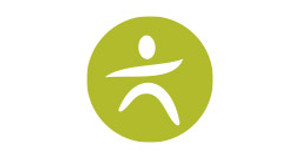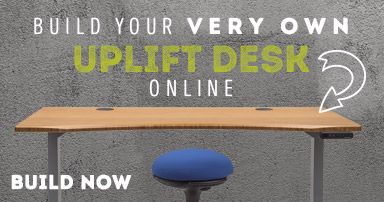Wake Up, Everybody: Staying Alert in the Office
Posted by Human Solution on Dec 23rd 2010
I have nothing against a cup of coffee, a soda, an energy drink or any other caffeinated drink as an occasional pick-me-up during the work day. I enjoy them myself. However, over-reliance on it is unhealthy, and ultimately unproductive.
Many people have experienced the effects of acute over-use, the jitters. They include physical twitching as well as subtle negative mood and attention changes. These are generally not a huge problem, and will go away on their own, but can defeat the purpose of trying to be more alert and/or productive. Long-term use of too much caffeine can create a dependence, as well as some other problems including headaches, long-term sleep-disruption and stomach problems. So if we’re agreed that caffeine is not a good stimulant to rely on in excess, what can you do to stay alert in the office?
The obvious first answer is to get more sleep at night. Most people need somewhere between six and eight hours to function properly, and ultimately that is superior to anything else you can do. I know this does not always happen, however, so here are some things you can do in the office that will help.
One is to maintain proper posture while working. This is subtle, but achy joints from slouching or using other improper positions make you tired and achy.
Another is taking breaks. Computer screens can tire your eyes after a while, and even a comfortable chair can become a problem if you sit motionless for excessive periods. So every solid hour or so, it is a good idea to get up, stretch, and focus your eyes on something a long way away for a couple minutes, just for some variety.
While working, you can also use an adjustable height desk like our Workrite Sierra series to work standing for a while. This wakes me up better than just about any other technique I know of and gets me through long days.
Caffeine is a popular way to stay alert at work, and to an extent, it is effective. These techniques can be helpful, however, to help you work without it, or at least minimize your reliance on it.




